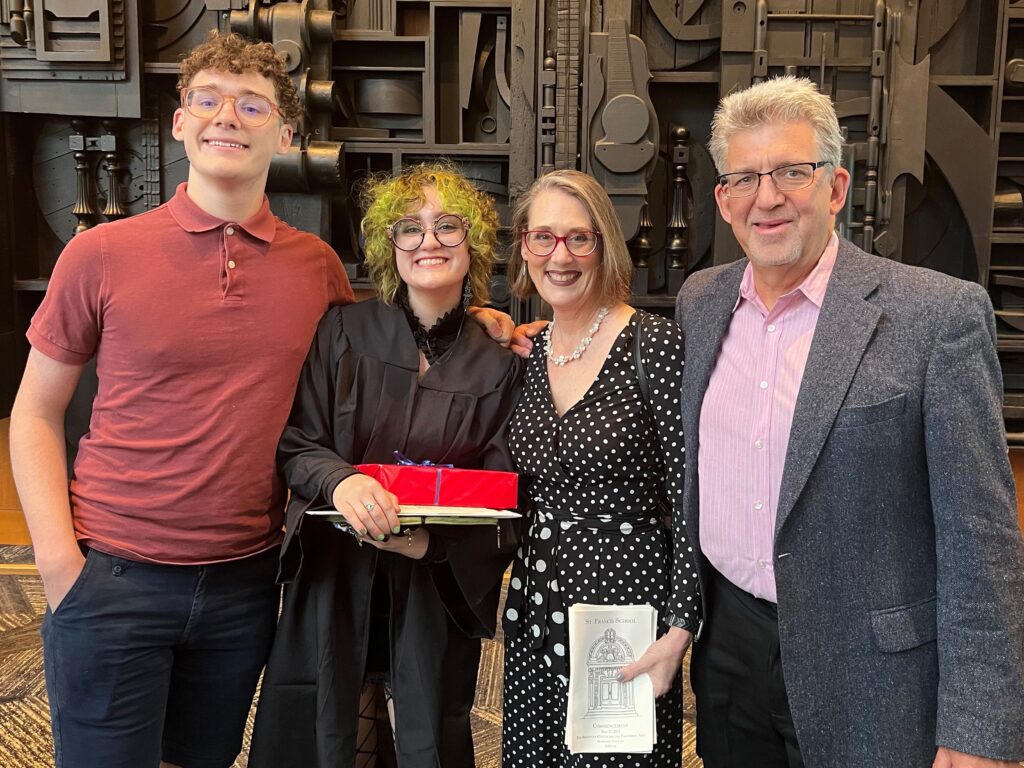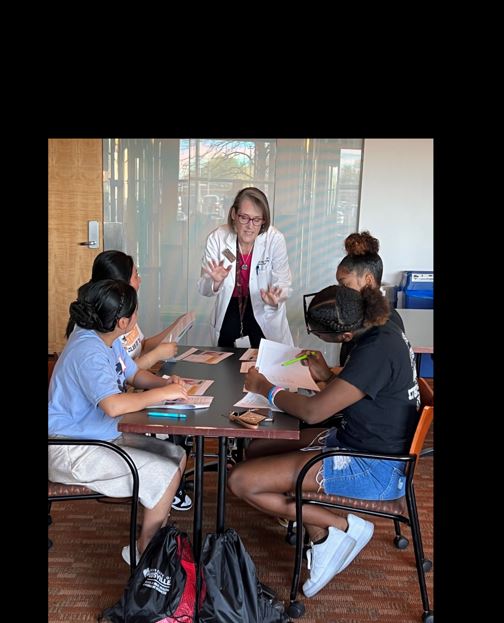1. How did you get interested in colorectal surgery?
When I was a resident, I loved everything about General Surgery, from Trauma to Transplant. Mentorship was probably the biggest part of my specialty choice of Colon and Rectal Surgery. At CPMC, Drs. Tom Russell, Peter Volpe, Yanek Chiu, and Laurence Yee (who was also a resident ahead of me), and at UCSF Drs. Ted Schrock and Mark Welton really inspired me. Dr. Mika Varma, who was a couple of years ahead of me in residency and then also in fellowship at U of Minnesota was another very positive influence. These individuals showed me that Colorectal Surgery was fun, varied, and (somewhat) controllable in terms of balancing elective vs. urgent/emergent cases. In addition, the specialty allows me to do really big cases and really small cases (and sometimes the small ones can be the most satisfying – like draining a perirectal abscess and seeing a patient feel immediate relief). I also really liked endoscopy, which is a plus. Disease ranges from cancer to benign to functional. CR allowed me to do either basic science research, clinical trials, or outcomes. Finally, it allows me to teach at all levels – medical students (who doesn’t need to learn about hemorrhoids? Yes, we ALL have them!), to residents and fellows, to junior faculty.
2. How you achieved that interest and then evolved into your current position as the Vice Dean of Community Engagement & Diversity, among other roles?
I have been privileged to have worked in all aspects of academic surgery over the course of my career. Early on, I was following the traditional path of a busy clinical practice, leadership in teaching, and running a basic science cancer cell biology lab. I enjoyed all of this tremendously and envisioned myself continuing in this direction for the duration of my professional life. In 2011, I moved to Louisville, KY, and my career changed. In Kentucky, I was immediately struck by the burden of disease and extreme health disparities across the Commonwealth. As such, I approached the Dean of the University of Louisville School of Medicine about creating an office of Community Engagement and Diversity as a way to focus on our stated mission of advancing the health and well-being of our community. I was able to create and grow this office to include both rural and urban health initiatives, workforce “pipeline” programs, and University wide DEI activities. I also began working with community organizations and nonprofits and now hold leadership positions in several. These positions have also given me more opportunities to teach at all levels, from high school students to community leaders, and to raise the profile of the School of Medicine in our region. Finally, I have had the opportunity to serve on a number of University committees and to work with leaders from other schools and colleges, giving me experience in university administration and the “inner workings” of higher education. As a surgeon, I like to work with smart people who are all focused on making things better, whether it is a patient in the trauma room or the learning environment for students. My administrative roles allow me to have influence, and hopefully positive impact, on a wide range of people across my community.
3. Advice to Naffziger members who may want to pursue hospital or medical school leadership positions?
First and foremost, get involved. It is critical that surgeons have a voice in administrative decisions and institutional mission. One of the characteristics of surgeons is the ability to build and lead teams, and to make hard decisions with incomplete information. These qualities are invaluable in hospital and medical school leadership. Early on, I served as a course director and then on a number of hospital committees, including the Scientific Review Committee, Faculty Development Committee, and in Cancer Center leadership. Later I took on more formal administrative roles, first as a Senior Associate Dean and now as a Vice Dean. That said, it is difficult to maintain a busy clinical practice, especially one that is productivity driven, and fulfill myriad administrative responsibilities. It is critical to find a practice that values your administrative time and to have supportive clinical partners. Finally, mentors are crucial throughout your career. Reach out to people in your institution and across the country that are doing what you want to do (or think you might want to do). Figure out what leaves you feeling fulfilled and do that. Take your innate surgical leadership skills to where they are really needed!

